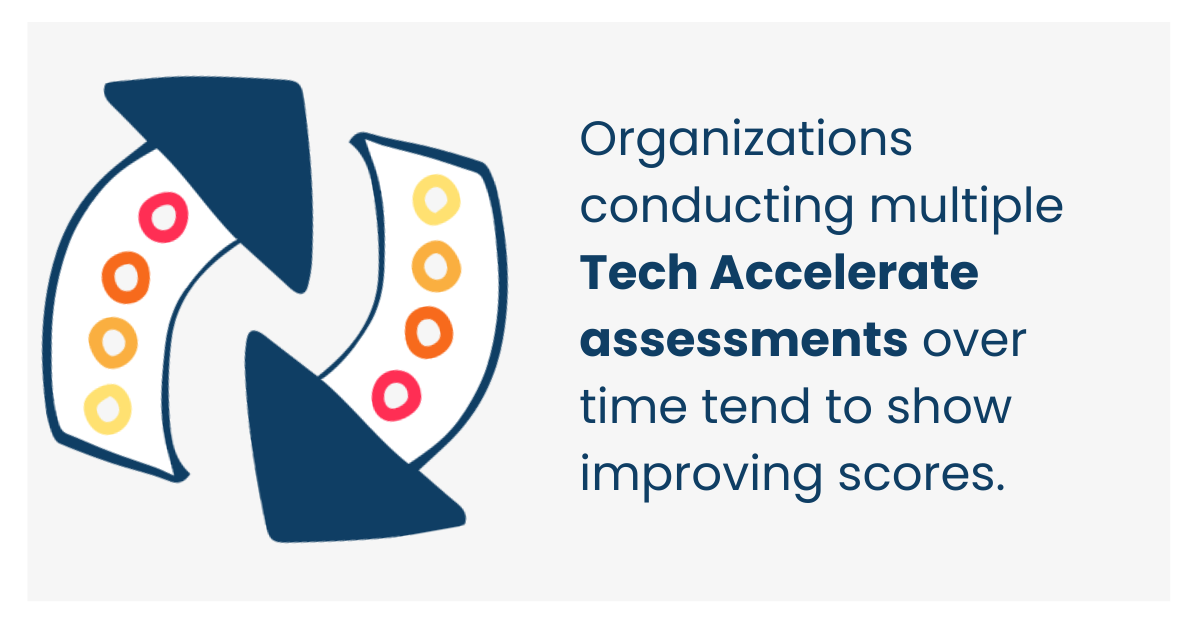Blog
News, tips, and resources by and for the nonprofit technology community.
Jan 5, 2026
5 minute read
Technology adoption in nonprofits: An analysis of NTEN’s Tech Accelerate data
Keep your website traffic up in an AI-first search world
Aug 28, 2025
11 minute read
Rosie Gladden
ImageX
Meet rising compliance requirements with smarter workflows
Aug 20, 2025
5 minute read
Matt Tengtrakool
Givefront
Seven ways to build an equitable website
Jun 16, 2025
7 minute read
Laura S. Quinn
Laura S. Quinn Consulting
Digital equity is a key enabler to public participation and stronger communities
May 10, 2025
4 minute read
How donors are approaching nonprofit technology funding
Feb 11, 2025
5 minute read
Jean Westrick
Technology Association of Grantmakers
How nonprofits can off-ramp from Big Tech
Jan 27, 2025
12 minute read
Alice Aguilar
Progressive Technology Project
6 steps to elevate brainstorming with opportunity mapping
Dec 16, 2024
5 minute read
Nicole Jendro
Blue Barn Farm & Sanctuary
Write for NTEN
We're always looking for articles from our members and the broader nonprofit tech community.
Learn more